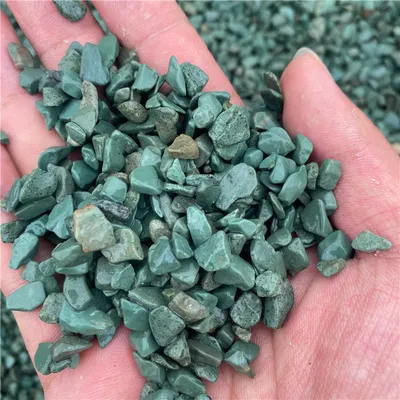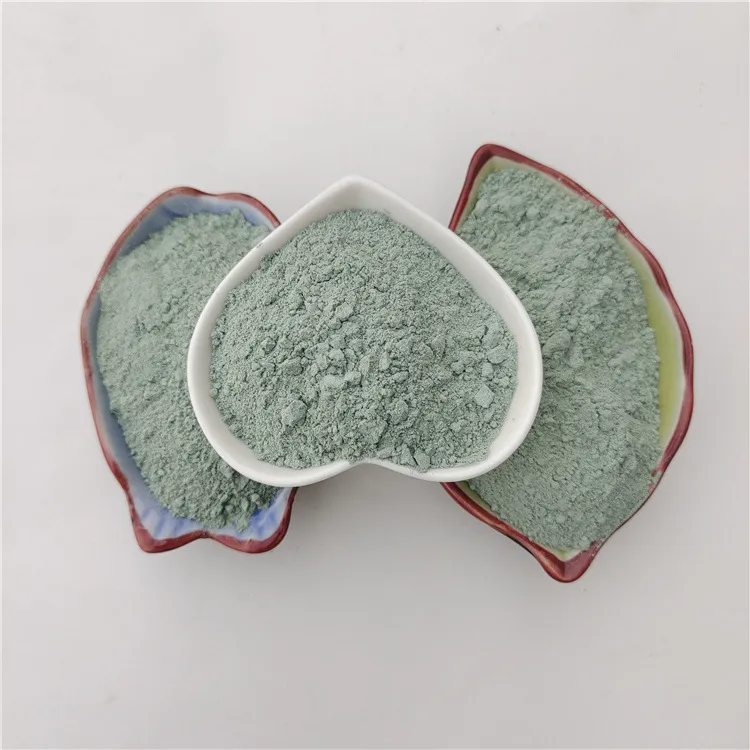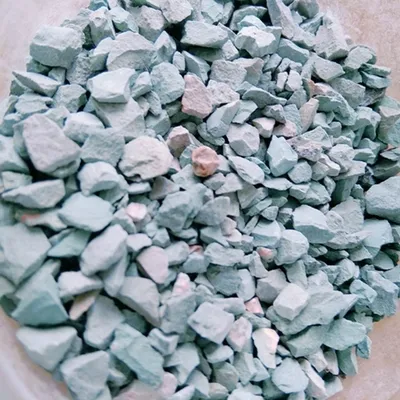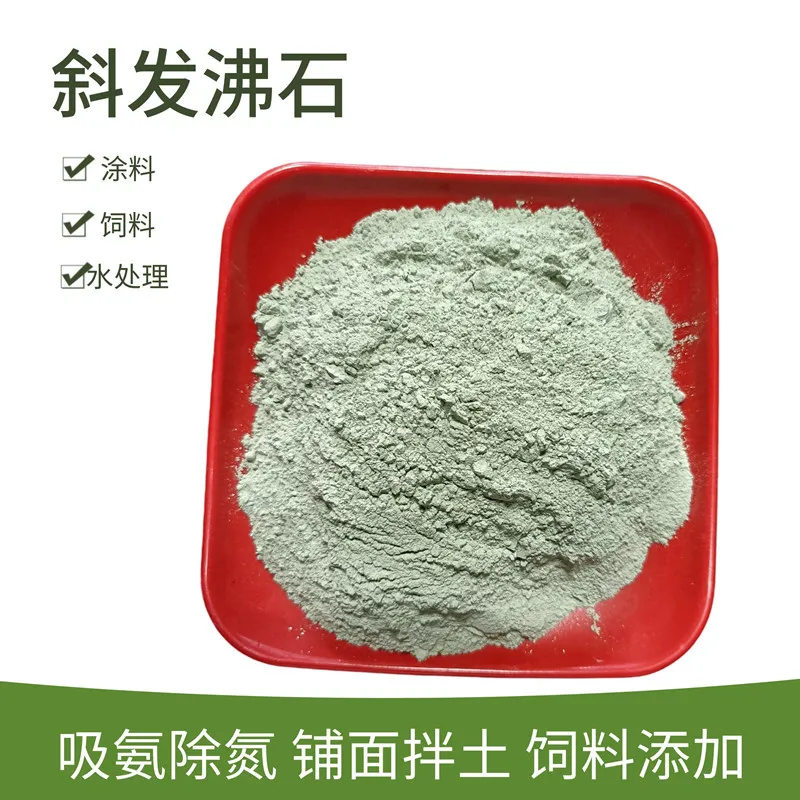
Chlorolite is obtained from zeolite ore by high temperature sintering and dehydration treatment.
First of all, zeolite has an important role in the environment. Chlorite is a kind of adsorbent, which can effectively adsorb harmful gases and impurities in the air. It can remove organic matter such as formaldehyde, benzene and toluene in the air, purify the air and improve indoor air quality. At the same time, green zeolite can also adsorb heavy metal ions in sewage to reduce water pollution. Therefore, chlorite is widely used in construction engineering, water treatment and other fields.

Secondly, chlorolite also plays an important role in healthcare. Chlorite has good ion exchange properties and can release sodium, potassium, calcium, magnesium and other essential minerals. After the human body ingests zeolite, the minerals in the zeolite will be released to supplement the elements needed by the body. In addition, green zeolite also has the ability to absorb and decompose harmful substances, which can purify the intestine, promote digestive function, and prevent the occurrence of intestinal diseases.

In addition, chlorite is also widely used in the agricultural field. Green zeolite has good water retention and moisturizing properties, and can continue to release water and provide water and nutrition required by plants. At the same time, green zeolite can also absorb organic fertilizers in the soil, reduce the use of pesticides and fertilizers, and reduce the pollution of agriculture to the environment. Therefore, chlorolite is widely added to crop planting substrate to improve crop yield and quality.

As an important mineral material, zeolite has a wide application prospect. Its efficacy and role in many aspects, such as environmental purification, medical care, agricultural improvement and industrial applications, have made important contributions to the development of society and human well-being. With the deepening of its research and the expansion of application fields, it is believed that more potential value of zeolite will be excavated and bring more well-being to mankind.

Share
-
Chlorolite is obtained from zeolite ore by high temperature sintering and dehydration treatment.NewsMay.24,2024
-
The main component of talc is magnesium silicate containing talc water,NewsMay.22,2024
-
Alumina is a high-hardness compound commonly used in the manufacture of refractory materials.NewsMay.20,2024
-
Hollow glass beads are tiny, hollow glass spheres,NewsMay.16,2024
-
Fused quartz is the amorphous (glassy) state of silicon oxide (quartz, silica).NewsMay.09,2024
-
Vermiculite is a natural, inorganic, non-toxic mineral that expands under high temperature.NewsApr.09,2024






